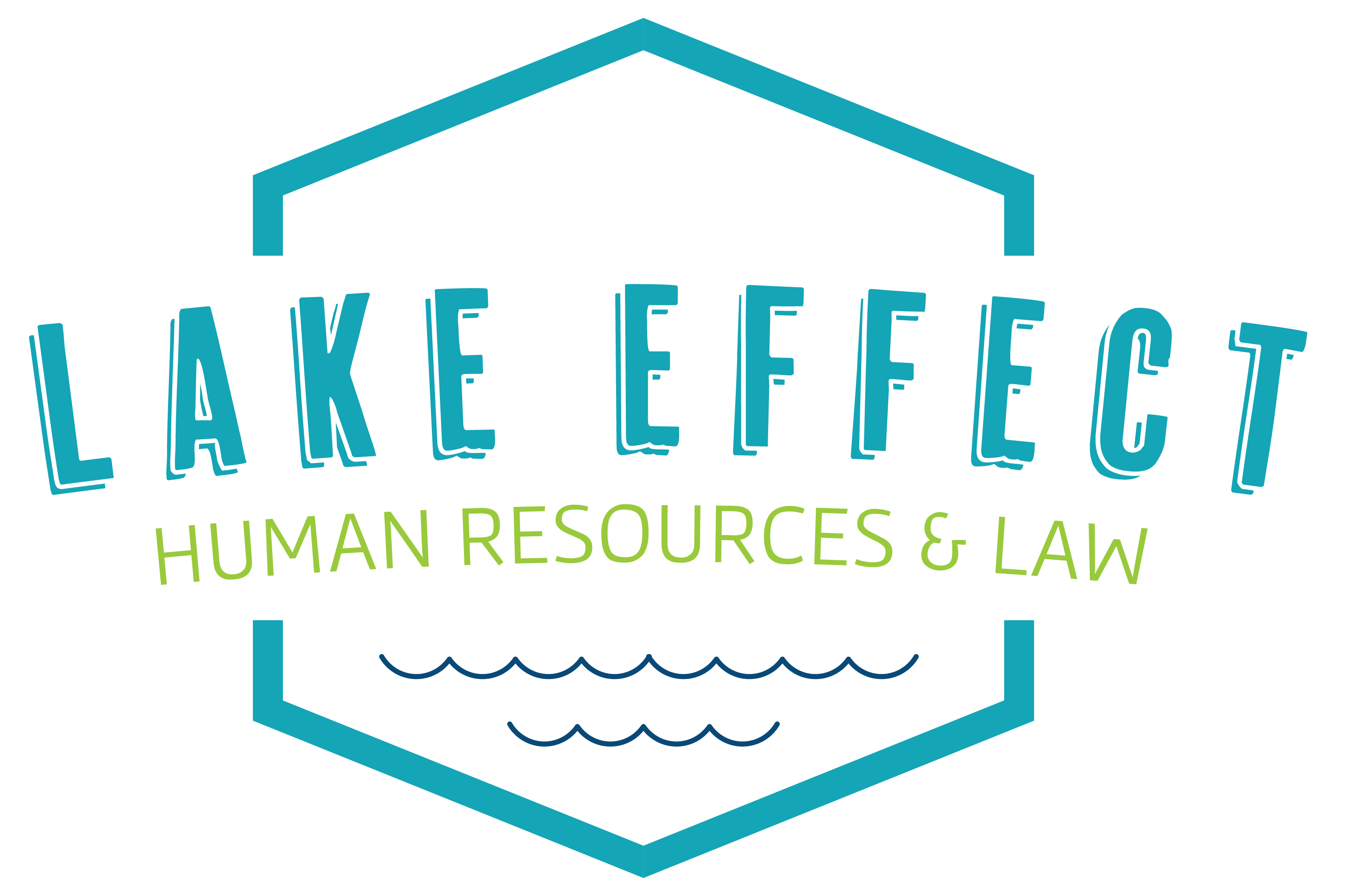On October 28, 2021, the US Department of Labor (DOL) issued its Final Rule on tipped workers, establishing when tipped employees can be paid less than the federal minimum wage, an issue that has been in a state of flux over the last several years. The Final Rule will take effect on December 28, 2021. Lake Effect’s prior blog on this issue provides additional information and history on this topic.
Background: Under the Fair Labor Standards Act (FLSA), employers must pay employees no less than the current minimum wage of $7.25/hour. However, the FLSA allows employers to take a “tip credit” for employees who normally earn at least $30/month in customer tips. This means that employers may pay tipped employees a reduced minimum wage of $2.13/hour, instead of $7.25/hour, if they make sure that the employees earn at least $5.12/hour in tips, thus reaching the statutory minimum of $7.25/hour.
The Issue: Although this seems a straight-forward rule, its application becomes challenging when a tipped employee like a waiter spends some work time completing non-tipped work, like wiping down tables or folding napkins. Because the employee does not earn customer tips while performing such duties, the DOL has historically scrutinized an employer’s ability to take the tip credit (i.e., pay the lower hourly rate of $2.13/hour) for all of the employee’s work hours. The question has lingered, “When does an employee’s non-tipped work becomes so time consuming that the employer should lose the tip credit and pay the full federal minimum wage to that employee?”
DOL’s Answer: The DOL’s Final Rule identifies three categories of work that may be performed by tipped employees and specifies the FLSA pay requirements for each:
- tip producing work that provides service to customers and for which tips are normally received (i.e., a server provides table service, or a bartender makes and serves drinks): an employer may take the full tip credit and pay an employee $2.13/hour for this work, assuming the employee’s tips make up the remainder of the minimum wage requirement.
- directly supporting work performed by a tipped employee in preparation for tip-producing work (i.e., a server refills condiments and rolls silverware, or a bartender slices fruit for drinks): the “80/20 principle” applies. If a tipped employee spends more than 20% of their work week performing directly supporting work, the employer must pay them the full minimum hourly wage of $7.25/hour for that work. In addition, if an employee spends more than 30 continuous minutes performing directly supporting work, the employer must pay full minimum wage for any time that exceeds 30 minutes. This rule applies regardless of whether the 80/20 rule applies to the employee’s overall work week.
- Directly supporting work” includes idle time spent waiting to serve customers.
- If an employee performs dual jobs for an employer, one that normally produces tips and one that does not, only time spent performing the tipped job is considered in applying the 80/20 work week principle.
- work that is not part of or supportive of the employee’s tipped occupation (i.e., server prepares food and cleans bathrooms, or bartender cleans the dining room): an employer must pay the employee the full minimum wage of $7.25/hour for all time spent on this work.
Challenges Ahead: Although intended to provide clarity on the issue of tipped employees, DOL’s Final Rule will require many employers to revamp their employee scheduling, timekeeping, and task-tracking processes. It will be especially important for employers to closely monitor employee time spent on “directly supporting work” so that they can properly apply the 80/20 and 30-minute continuous duration rules. To avoid uncertainty and minimize administrative burdens, some employers might consider foregoing the tip credit altogether. Your partners at Lake Effect can help assess your pay practices and navigate the new FLSA rules for tipped employees.
Lake Effect is here to answer your questions about federal and state wage and hour laws that impact employers across all industries. We continue to monitor important legal and HR developments, as well as COVID-related updates from federal, state, and local authorities. Please watch our blogs and emails for these important updates, as well as discussions of how compliance meets culture. To dive into these issues, contact us at info@le-hrlaw.com or 1-844-333-5253.




